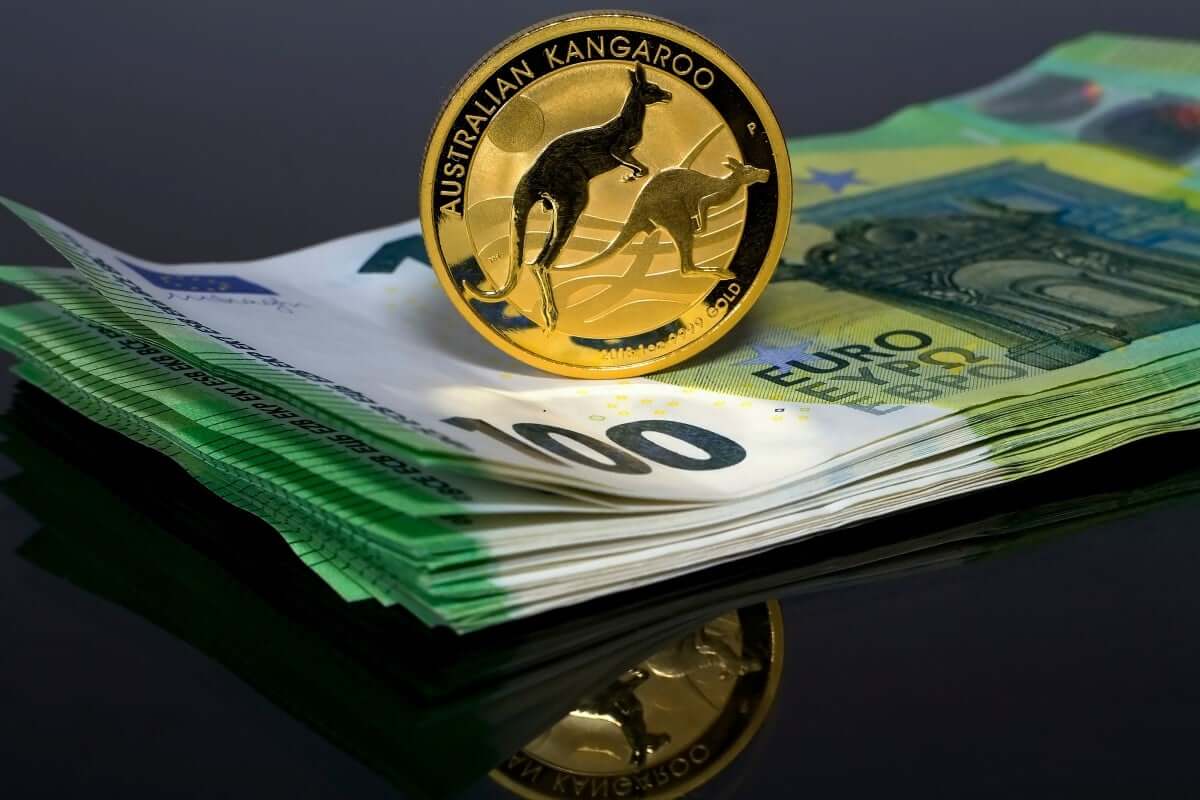
Australian and New Zealand dollars fell. What about Euro?
The Australian dollar plummeted by 0.49% against the U.S. dollar on Monday. It exchanged hands at $0.664 at last. The New Zealand dollar also shaved off 0.44%, trading at $0.613. The greenback surged forward versus other major currencies today. COVID-19 cases increased in China, leading to new restrictions in the country. This news weighed on investor sentiment worldwide.
On Sunday, two Covid-19 deaths were reported in Beijing. The authorities asked people to stay at home after reports showing numerous new virus cases. Market participants were unsure whether the government would ease its strict rules anytime soon, given the dire number of infections. As a result, they moved on to the U.S. dollar, which is a safer bet during the economic crisis.
The greenback rallied by 0.5% against the Japanese yen. It traded at 141.07, hitting its highest level since November 11. On the other hand, the euro tumbled down by 0.62% against the dollar at $1.026. Carol Kong, the currency strategist at the Commonwealth Bank of Australia, noted that the outlook for China’s zero-coronavirus market would remain a main source of volatility. If the government strengthens its current restrictions, that would indicate that the Chinese officials are still cautious about reopening.
The U.S. dollar traded in the red over the last several weeks. So, today’s rally is a sharp rebound for the currency. The dollar index has plummeted by more than 6% from its 20-year peak in October. The U.S. inflation rate dropped last month, driving bets that the U.S. Federal Reserve would slow down its interest rate increases.
On Monday, the index stood higher by almost 12% for the year. The Federal Reserve’s aggressive interest rate hiking has bolstered bond yields in 2022. That has also brought money back towards USD-denominated fixed-income assets.
How is the Chinese Yuan faring?
The Chinese onshore yuan traded at 7.1451 per USD during this session. It hit its weakest level since November 11. On Monday, the People’s Daily newspaper published an article highlighting the need to catch Covid-19 infections early.
While traders are concerned about the soaring virus cases in China, they are also waiting for the release of Fed minutes from the agency’s November meeting. The minutes are due on Wednesday, and they will likely contain some hints about the outlook for interest rates.
Moh Siong Sim, the currency strategist at the Bank of Singapore, noted that thus far, the Federal Reserve hasn’t backed up the dovish narrative the markets have had since the October inflation data. In Europe, the British Pound dropped to $1.182, lowering by 0.51% on the day versus the strong dollar.
What about the EM currencies?
Emerging markets fluctuated on Monday. The stocks plummeted by more than 1% as coronavirus outbreaks in China increased worries about the world’s second-largest economy. MSCI’s emerging market currencies index tumbled by 0.5% as the greenback rallied. MSCI’s index of EM shares also declined by 1.4% after the three weeks of gains.
The South African rand dropped by almost 1% today. At the same time, Mexico’s peso plummeted by 0.3%. On Friday, S&P Global Ratings reiterated its positive outlook on South Africa. According to the agency, the implementation of some structural reforms, along with a net external creditor position, could lead to an easing of economic pressures in the region.
However, China’s central bank avoided easing monetary policy further due to decreasing Yuan. Moreover, the insurance regulator and the central bank asked commercial lenders to step up credit support for the country’s economy.
Meanwhile, Central European currencies plunged against the Euro. Hungary’s forint shaved off 0.8%, losing some of its gains from Friday. Malaysia’s ringgit also dropped as much as 0.8% versus the U.S. dollar. It exchanged hands at 4.57 at last. The country is facing a hung parliament in elections for the first time in its history. Major coalitions couldn’t win a simple majority due to people’s support for a conservative Islamic alliance.
On the other hand, President Tokayev secured a second term in a snap election in Kazakhstan. Analysts widely expected this result. While USD bonds decreased a bit, they were mostly in line with moves elsewhere.
On Monday, Israel’s shekel traded flat against the U.S. currency. Traders are waiting for a central bank decision later in the day. The bank might deliver another rate hike.




